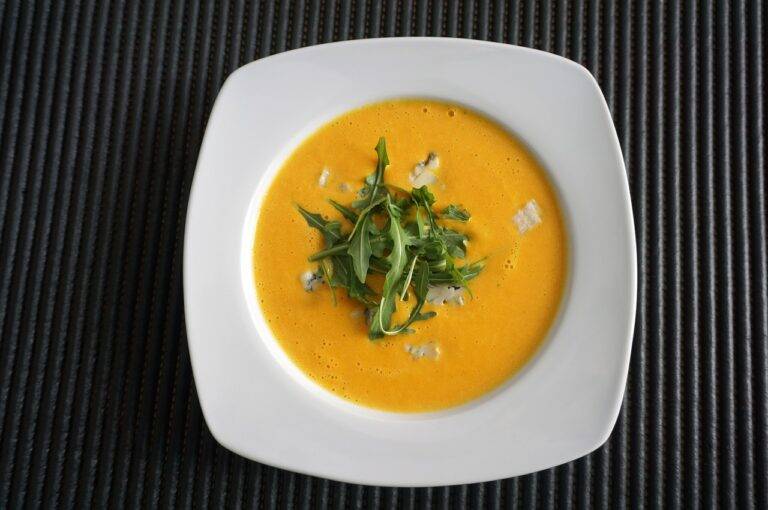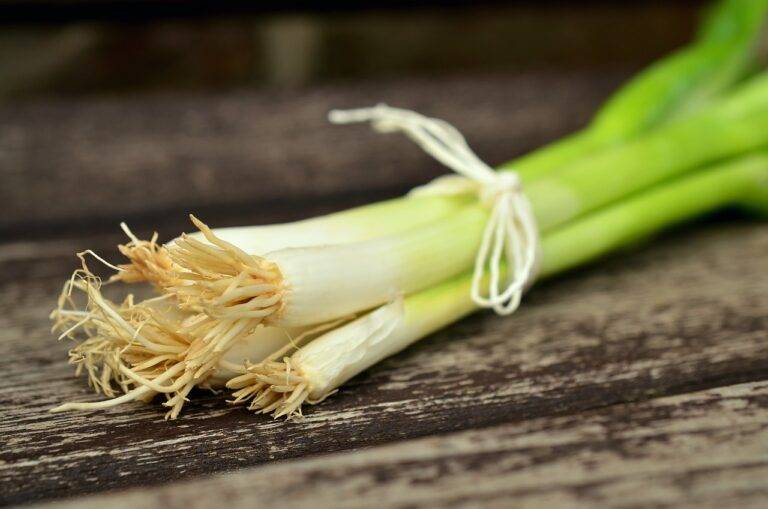The Sustainable Wine Movement: Exploring Eco-Friendly Practices in Viticulture.
Sustainable wine production encompasses practices that prioritize the long-term health of the environment, community, and economic factors involved in the winemaking process. From the vineyard to the bottle, sustainable winemakers strive to minimize their impact on the ecosystem while maintaining the quality and integrity of their wines. This approach involves a holistic understanding of the interconnections between agriculture, biodiversity, and consumer expectations.
By implementing sustainable practices such as organic farming, water conservation, and energy efficiency, wineries can reduce their carbon footprint and contribute to the preservation of the surrounding ecosystems. Additionally, sustainable wine production often involves social responsibility initiatives, such as fair labor practices and supporting local communities. These efforts not only benefit the environment but also play a crucial role in creating a more resilient and inclusive wine industry for future generations.
Benefits of Eco-Friendly Viticulture Practices
Eco-friendly viticulture practices offer numerous benefits to both the environment and the quality of the wine produced. By implementing sustainable methods, such as organic farming and integrated pest management, vineyards can reduce their environmental impact and preserve biodiversity. This not only contributes to the health of the ecosystems surrounding the vineyards but also ensures the long-term viability of the land for future generations of winemakers.
Furthermore, adopting eco-friendly viticulture practices can lead to improvements in the overall quality and taste of the wine. By minimizing the use of synthetic chemicals and focusing on natural solutions, vineyards can enhance the health of the soil and vines. This, in turn, can result in grapes that are more flavorful and expressive of their terroir, ultimately producing wines that are more complex and reflective of the unique characteristics of the region.
What is sustainable wine production?
Sustainable wine production refers to the practice of growing grapes and producing wine in a way that is environmentally friendly, socially responsible, and economically viable.
What are the benefits of eco-friendly viticulture practices?
Eco-friendly viticulture practices have numerous benefits, such as reducing carbon footprint, preserving biodiversity, conserving water resources, and promoting soil health.
How can eco-friendly viticulture practices contribute to a healthier environment?
By minimizing the use of pesticides and synthetic fertilizers, eco-friendly viticulture practices help to protect the environment from harmful chemicals and reduce pollution in soil and water.
Can eco-friendly viticulture practices help to combat climate change?
Yes, eco-friendly viticulture practices such as organic farming and carbon sequestration can help to reduce greenhouse gas emissions and mitigate the effects of climate change.
Are there any economic benefits to implementing eco-friendly viticulture practices?
Yes, adopting eco-friendly viticulture practices can lead to cost savings in the long run, improve the quality of the grapes and wine produced, and enhance the reputation of wineries among environmentally conscious consumers.





